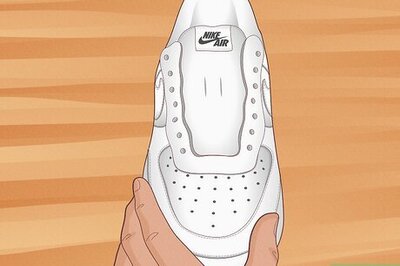
views
Washington: Anxiety disorder - an extreme case of shyness - starts early in life and can cause depression and substance abuse in adulthood, according to a new study.
People with the problem avoid meeting others and are subdued in new social settings.
Besides blushing, they might have other symptoms including a racing heart, sweating or trembling.
But, the authors point out, while shyness itself is not a pathological condition, debilitating shyness that has a detrimental effect on a person's everyday functioning "can no longer be regarded as normal".
While clinicians are concerned with finding better treatment, since 40 per cent patients do not respond to first-line therapies, critics argue that the label is unnecessarily "medicalising" a normal personality trait.
Murray B Stein of University of California and Dan J Stein, University of Cape Town in South Africa look at how our understanding of social anxiety disorder has changed over the past decade.
These findings appear in this week's edition of The Lancet.
They said it has moved from "rudimentary awareness that it is not merely shyness to a much more sophisticated appreciation of its prevalence, its chronic and pernicious nature, and its neurobiological underpinnings.”
The authors discuss possible causes for this disorder.
Research shows that a heritable temperamental trait known as behavioural inhibition is commonly an antecedent to the development of social anxiety disorder.
Understanding how social anxiety disorder relates to conditions such as autism might help in determining how we process socially relevant information.
Neuro-imaging studies suggest that activity of the amygdala - which responds to emotional human faces - is heightened in people with social anxiety disorder.
















Comments
0 comment